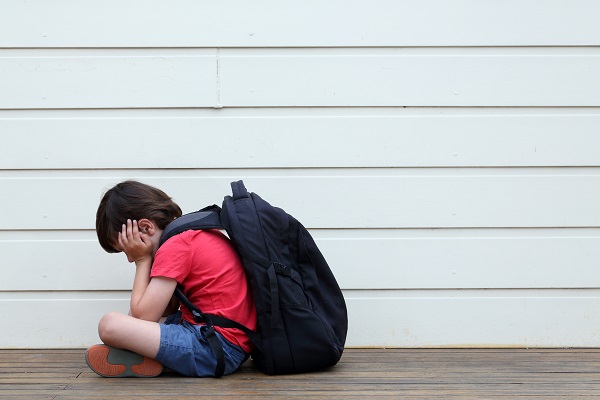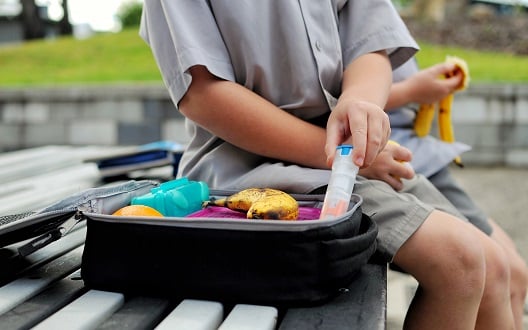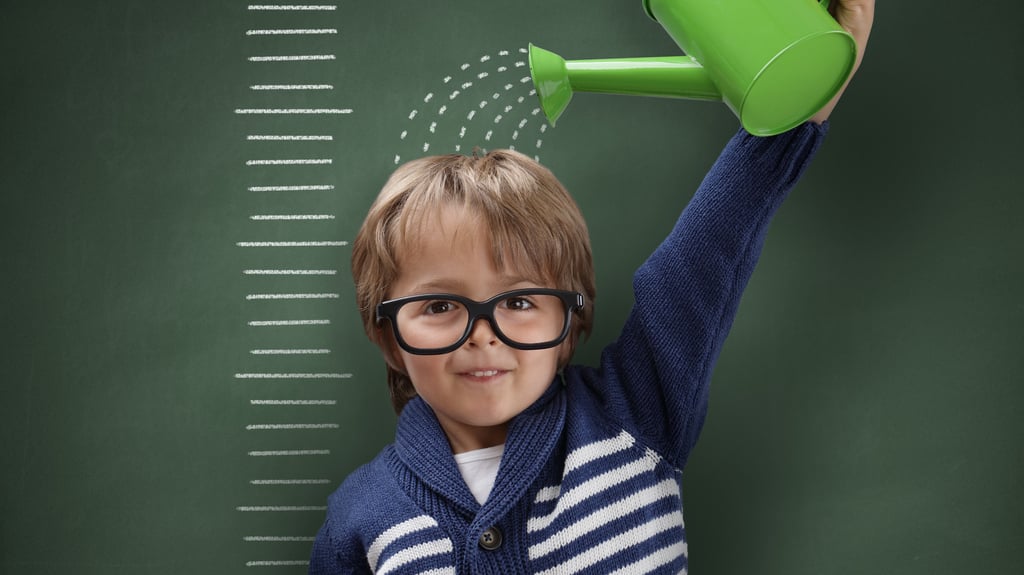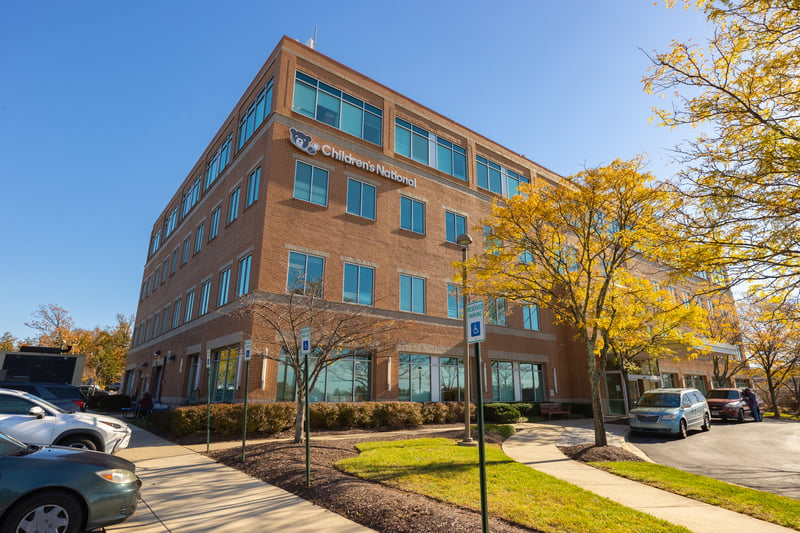
Program for Health Problems Related to Bullying

The Program for Health Problems Related to Bullying at Children’s National Hospital offers professional evaluation and treatment for children and teens affected physically or mentally by bullying. We are passionately committed to improving the lives of these children. In addition, we’re dedicated to prevention and we work hard in the community to inform the public about bullying and the health risks it causes.
Our Providers
Our pediatric specialists provide personalized care for your child’s physical, mental and emotional health needs.
Contact Information
For appointments, please call 1-888-884-BEAR (2327) and for information, call 301-838-8770.
Choosing Children's National for Care Related to Bullying
Features of the Program for Health Problems Related to Bullying at Children’s National include:
- Experienced specialists. Children’s National Hospital is the largest provider of pediatric care in the Washington, D.C., area. As part of that system, our team treats the effects of bullying every day. We consider your child’s individual situation and provide expertise from our team’s years of experience of specialists in the needed areas of care.
- Safe space. Our pediatric specialists are experts at talking with children, teens and their families. Our team creates a safe space for you and your child to speak freely about bullying to help get to the root of the problem and work together to find a solution.
- Commitment to advocacy. We advocate for research-based programs to prevent bullying. To be effective, these programs should involve students, teachers, parents and the community. Program Medical Director Jorge C. Srabstein, MD, has testified on Capitol Hill about the connection between bullying and public health problems in our society.
Services We Offer
If you think your child may be troubled by bullying, our program can help. Your first visit will include a thorough evaluation to find out how bullying has affected your child.
Based on this evaluation, treatment will be designed specifically for your child and family. It may include:
- Individual therapy
- Family therapy
- Group therapy
- Medication, if appropriate
Health Effects of Bullying
Young people who are bullied, and also those who bully, are at risk for a wide range of health and safety hazards. Our program is designed to address the physical concerns as well as the psychological effects caused by bullying. Children or teens who are bullied may:
- Feel depressed or sad
- Be angry or irritable
- Worry or feel anxious or fearful
- Have trouble falling asleep or staying asleep
- Have frequent headaches, stomachaches, dizziness, or other physical symptoms
- Be injured by physical forms of bullying such as being slapped, kicked, pushed, or another action
Bullying can lead to unhealthy behaviors such as:
- Smoking
- Abusing alcohol and/or drugs
- Missing school and neglecting schoolwork
- Getting into fights
- Running away from home
- Carrying a weapon to school
- Self-injuries, such as cutting
- Attempting to commit suicide
Locations

Food Allergy-Related Bullying
If your child tells you about food allergy-related bullying, tell them that you believe them and will support them to address what is happening. Learn more from our experts.
Family Resources
At Children’s National, we understand that families have many questions about their child’s condition and care. In addition to any resources your provider may give you, our online resources can also support your ongoing treatment journey.
The following links may also be helpful as you learn about the risks associated with bullying.
- Stopbullying.gov, Department of Health and Human Services and Department of Education
- Olweus Bullying Prevention Program, Clemson University and Hazelden
- Bully Police USA, A Watchdog Organization - Advocating for Bullied Children & Reporting on State Anti Bullying Laws

Advice From Our Experts
Want advice on raising healthy, happy kids? The experts at Children's National are here for you! Get reliable advice from trusted doctors on the Rise and Shine blog. We're sharing our knowledge on everything from children's health to practical parenting tips.








